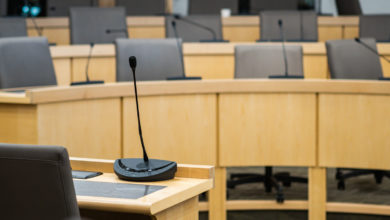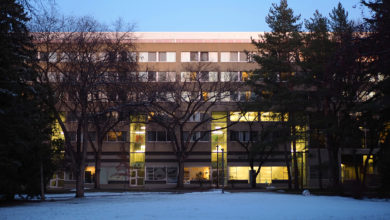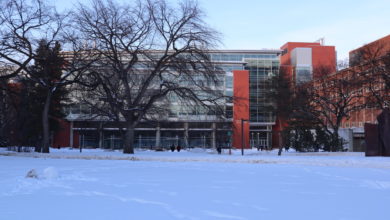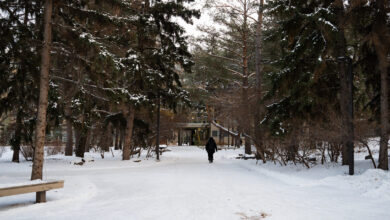Reduction in U of A library services and hours due to financial limitations
The budget cuts for the libraries have also affected areas such as staffing, collections, and library systems.
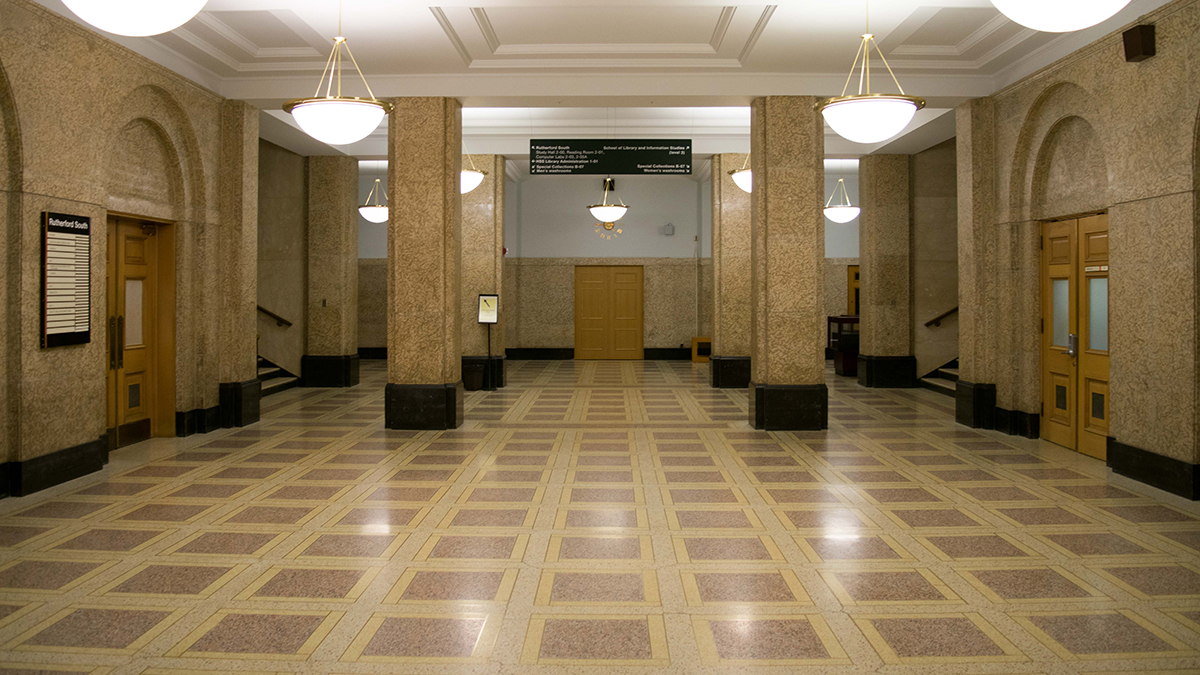 Alex Cook
Alex CookThe decrease in services and hours offered by the library has been clarified to be caused by budget cuts.
University of Alberta libraries has had notable changes over the past two years to the services and hours that they offer. As a result of budget cuts, the libraries were required to make changes, including the decision to remove 24/7 study spaces within the libraries.
Dale Askey, the vice-provost for library and museums and the chief librarian at the U of A, explained that the decision to reduce these services was caused by financial limitations.
“Like the whole university, we have taken significant budget reductions and we have applied it across the board, and we certainly haven’t singled out library hours or services for a special cut.”
Askey noted that these decisions are not made lightly — they are well thought out and made using data.
“Our preference would be to do all the things,” he said. “But we reached a point where we had to look at it and say that the very late night hours are a nice to have and not an essential to have based on the data and … financial position.”
The budget cuts for the libraries have also affected areas such as staffing, collections, and library systems.
“We have lost a lot of staff; that means there are certain things that we can’t do at the service level we might prefer,” Askey said. “We are still doing pretty well but things like interlibrary loaning, getting materials from other institutions, and lending things to other institutions, become more challenging when you’ve got fewer people.”
Askey revealed that many of these changes are not visible or immediately noticeable.
“[The libraries have] made a lot of changes on the system side as well … we’ve had to sort of change some of our strategies there and it’s painful but we are managing those transitions. Those things happen behind the scenes and won’t be noticed by most people.”
Askey elaborated on how data was used to reduce these services such as the removal of 24/7 study spaces.
“We really strive as a library not to make decisions based on gut or instinct, but rather to really look hard and directly at the data,” Askey said. “The data says that between typically 2:00 a.m. and 8:00 a.m. you see this incredible drop-off [of people using the library], and there is a very high cost per person if you calculate it that way, so that’s the main driver of it.”
The library chose to close during these hours to save on costs associated with keeping the facility open.
“It’s more expensive than we realize sometimes to keep a facility open for a lot of reasons, because there has to be security, there has to be a presence of staff there, you pay more for utilities, and you pay more for IT support.”
Askey also brought up a question that the Dean of Students asked himself a few years ago, of whether “operating those libraries in 24/7 mode create an incentive to be working at 4:00 a.m. in the morning when the brain would really rather be asleep?”
Askey emphasized that this is not a reason the libraries have made its decision, “but it’s definitely in the back of the mind as a librarian.”
“I want to be responsible with our organization. I want to help students succeed academically and part of that is being able to study … just being strong enough mentally.”
Askey further explained who made the decision and reiterated that it was a data and experience-informed decision.
“It sounds like some nameless, faceless bureaucrat made the decision, and I just want to reassure people that the people who make the decision are people who work in libraries whose careers have been in libraries.”
Askey compared it to some decisions made earlier in the pandemic, such as keeping Cameron Library open, a decision that was influenced by symbolic reasons.
“I was always arguing [to] allow us to observe what’s happening and to follow our professional practice, and most importantly look at the data and that will tell us what to do.”
Askey concluded that it is not likely the library will bring back 24/7 spaces.
“I just don’t think financially, for the foreseeable future, 24/7 [hours] are something we could bear,” he said. “Hopefully, knock on wood, this Fall [term] things are more normal and I think people can expect to see the libraries adjust our services, in general, to reflect what’s happening on campus.”

